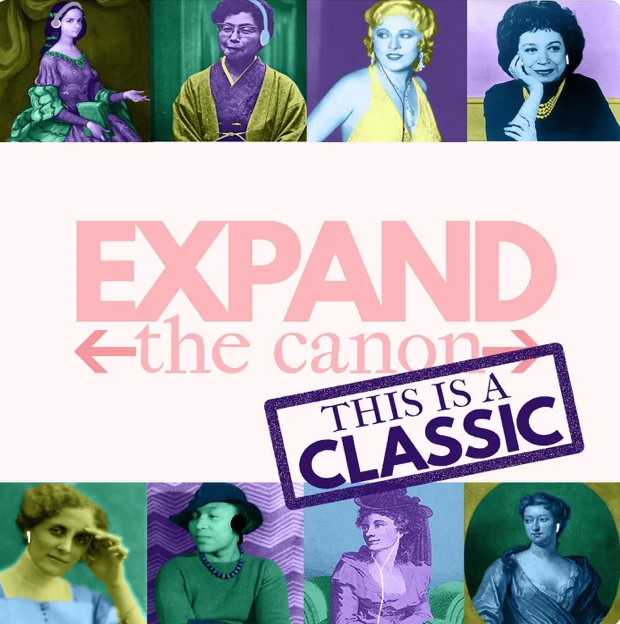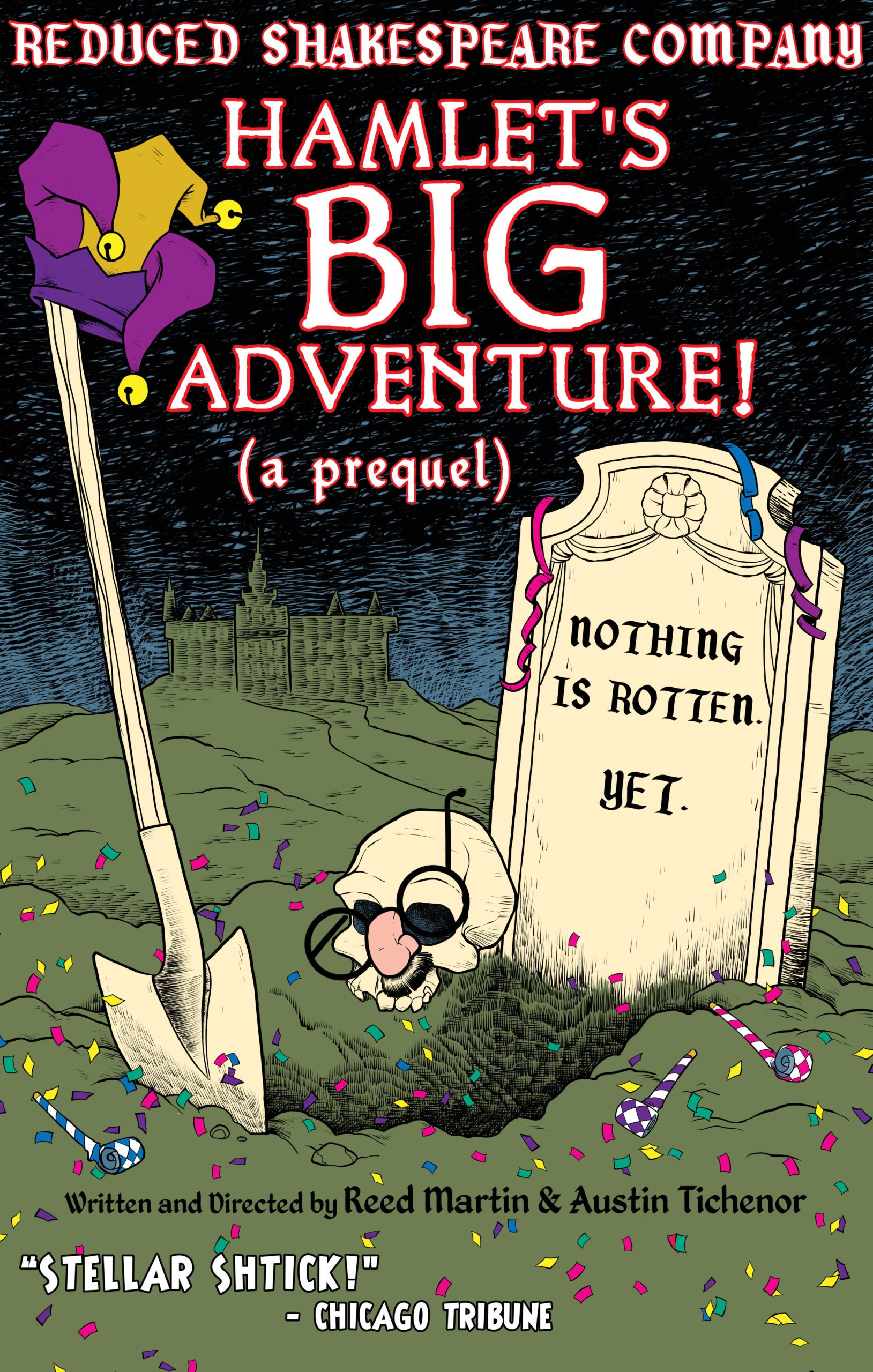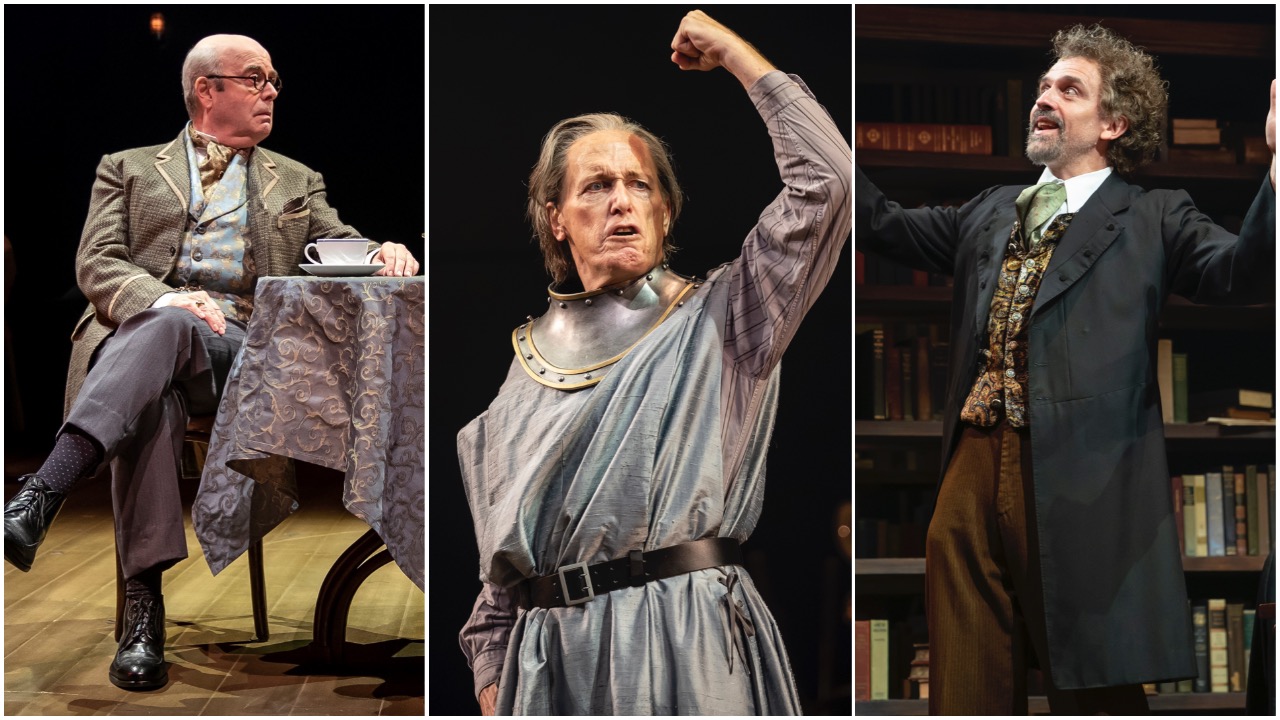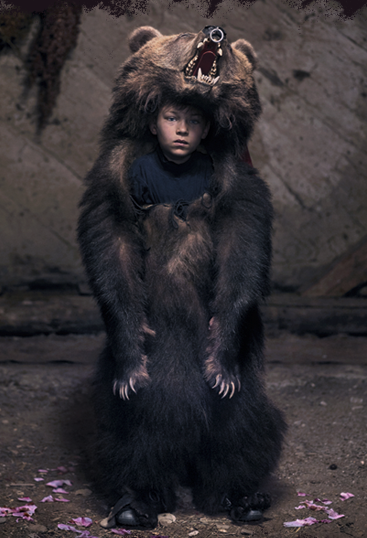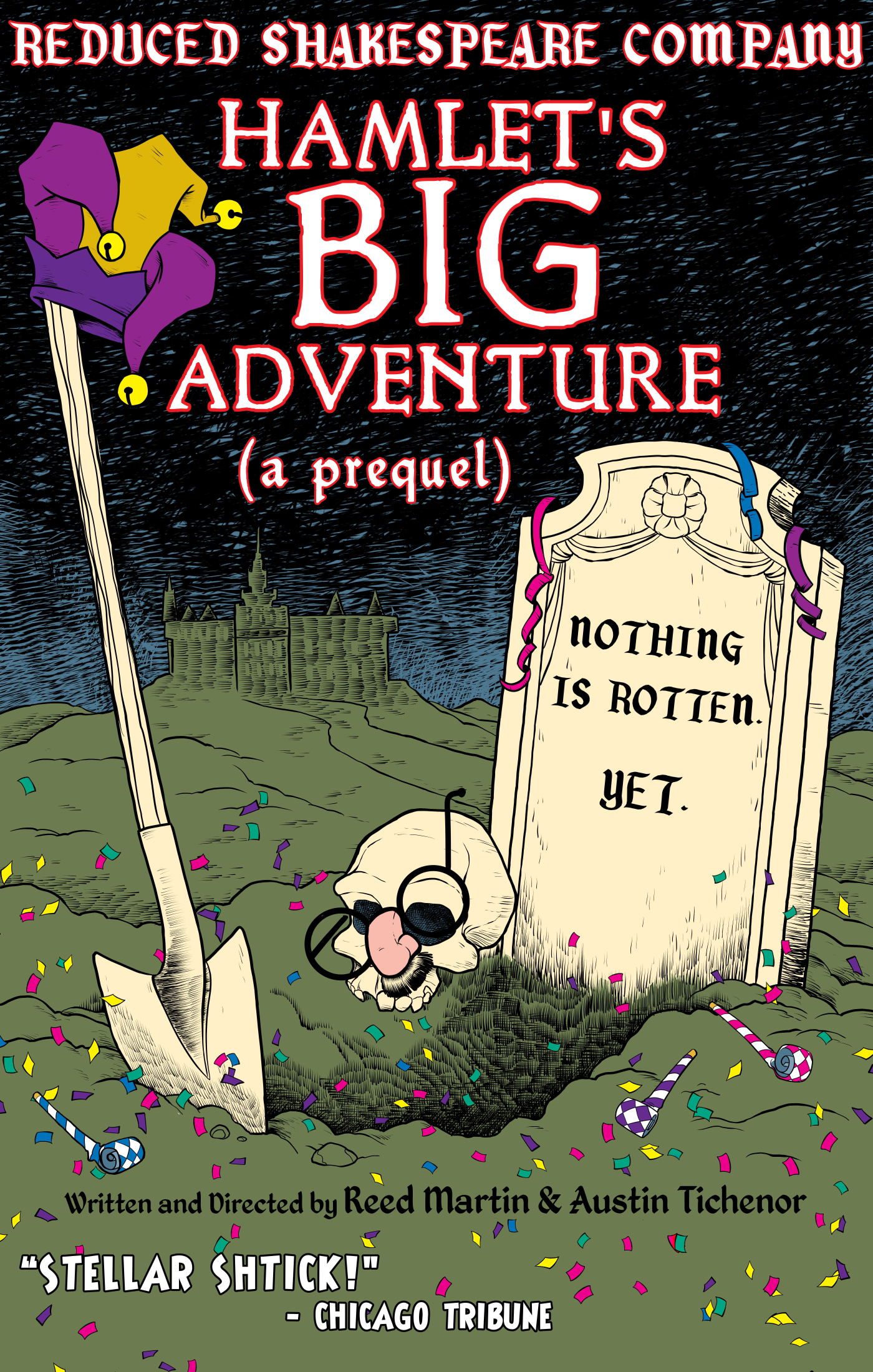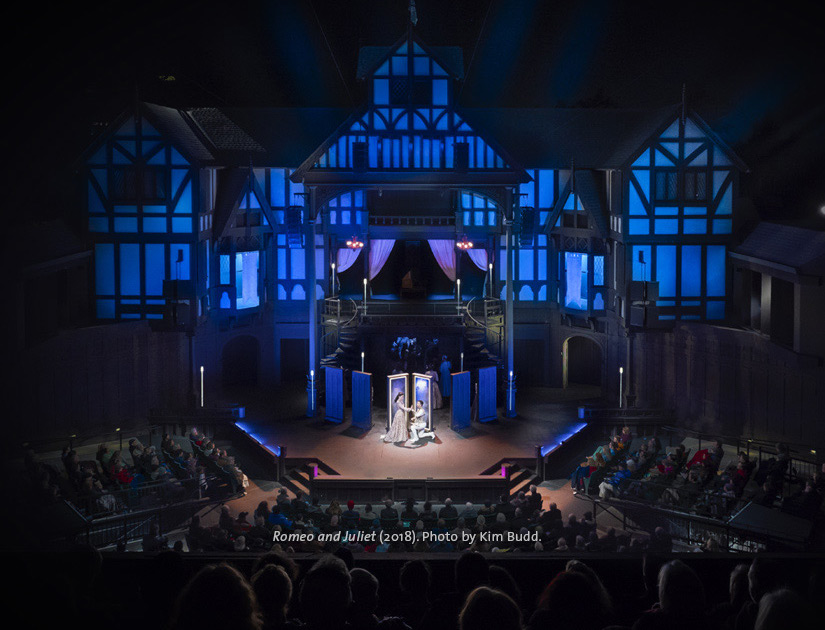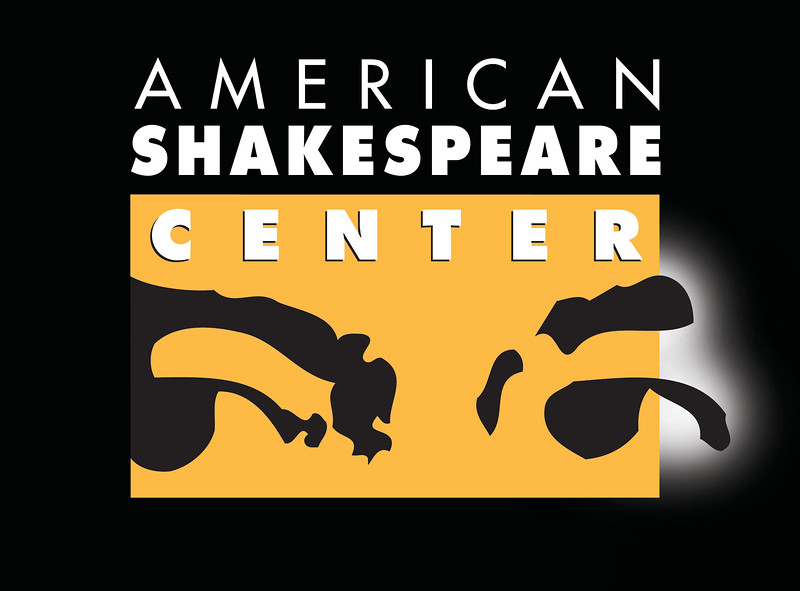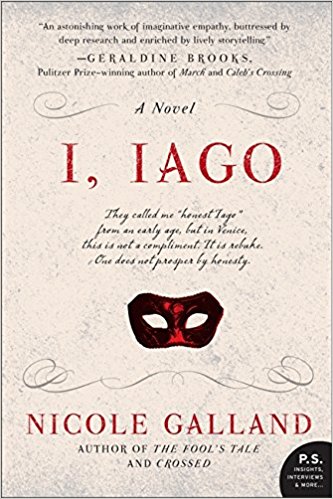Expanding The Canon
Emily Lyon and Shannon Corinthen are the artistic and producing directors of the Hedgepig Ensemble in Brooklyn, NY, and two of the hosts of “This is a Classic: The Expand The Canon Theatre Podcast,” an outgrowth of Hedgepig’s mission to uplift the legacy of women and non-binary writers. Shannon and Emily talk about the plethora of plays out there by underrepresented writers; how they curate their annual “Expand The Canon” lists; how many plays they read each other to create their suggestions; how Hedgepig is committed to expanding the canon by commissioning new works and new translations; the surprising timelessness of so many of these plays; and how so many of them would fit into a theater’s season so much better than some of the overdone and less-worthy plays that get done now. (Length 20:35)
Podcast: Download (0.0KB)
